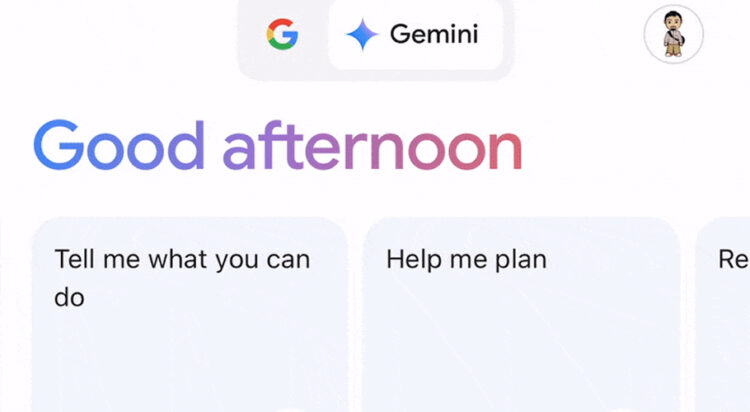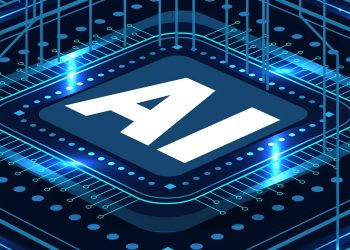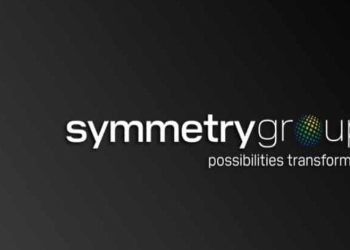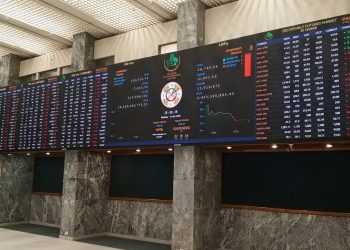Google is preparing to integrate artificial intelligence into its search model, despite concerns about potential risks to its ad-driven business. The shift is expected to deliver answers directly on the main search page, reducing the need for users to click through to external websites—thereby potentially disrupting traditional web traffic patterns and the digital advertising ecosystem that relies on them.
CEO Sundar Pichai, speaking at the company’s annual developers event, said Google’s search engine would feature a new AI mode, as he boasted that “decades of research” were reaching fruition with the new technology.
The search engine’s nascent AI mode goes further than the already launched AI Overviews which display answers to queries from the tech giant’s generative AI powers, above the traditional blue links to websites and ads.
“New AI mode is a total reimagining of search with more advanced reasoning,” said Pichai, kicking off the conference in Silicon Valley.
“You can ask longer and more complex queries… and you can go further with follow-up questions.”
Google head of search Liz Reid described the freshly unveiled AI mode, now available in the United States, as a powerful tool with advanced reasoning, multi-modality, and the ability for users to dive deeper into searches.
“It searches across the entire web, going way deeper than the traditional search,” she said.
Since Google debuted AI Overviews in search results at its developers conference a year ago, it has grown to more than 1.5 billion users across several countries, according to Pichai.
“That means Google Search is bringing Gen AI to more people than any other product in the world,” Pichai said.
Google’s push into generative AI comes amid intensifying competition with OpenAI’s ChatGPT, which has itself incorporated search engine features into its popular chatbot.




































